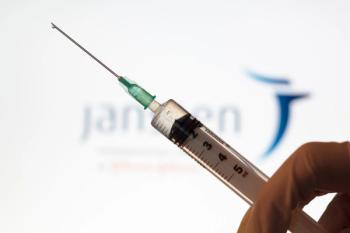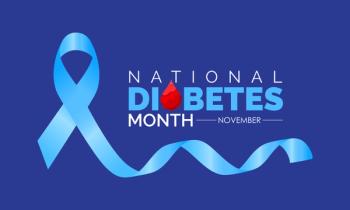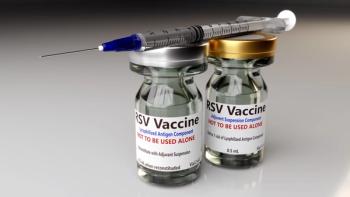
Discover the stages of migraines and explore innovative treatments like Symbravo, designed to alleviate pain and improve quality of life.

Kennedy Ferruggia is an associate editor at Pharmacy Times®. She graduated from The College of New Jersey in 2023 in journalism and marketing. Prior to this position, she worked as a pharmacy associate for community pharmacies.

Discover the stages of migraines and explore innovative treatments like Symbravo, designed to alleviate pain and improve quality of life.

City-level COVID-19 vaccine mandates in the US have limited impact on vaccination rates and health outcomes.

Dexcom Smart Basal optimizes basal insulin dosing for type 2 diabetes, enhancing management with personalized recommendations and a 15-day CGM sensor.

FDA approves daratumumab and hyaluronidase for treating newly diagnosed light chain (AL) amyloidosis, enhancing survival rates and treatment efficacy.

Plozasiran gains FDA approval to significantly lower triglycerides in adults with familial chylomicronemia syndrome, enhancing heart health management.

FDA Approval Introduces a First-in-Class Neurokinin Receptor Agonist Shown to Reduce Vasomotor Symptom Frequency and Improve Sleep Quality in Postmenopausal Women

Researchers uncover key factors influencing glucose fluctuations in type 2 diabetes, highlighting the importance of continuous glucose monitoring for effective management.

New research shows that an increased consumption of ultraprocessed foods significantly raises prediabetes risk in young adults, highlighting urgent dietary intervention needs.

New research reveals similar severe outcomes for adults hospitalized with hMPV and RSV, emphasizing the need for awareness of both infections.

Semaglutide shows significant weight loss and reduces obesity-related health risks, offering a promising solution for effective weight management.

Inclisiran significantly enhances LDL-C goal attainment in patients post acute coronary syndrome, improving lipid management outcomes.

Consistent use of continuous glucose monitoring (CGM) significantly improves glycemic control in adults with type 2 diabetes (T2D).

Maternal type 1 diabetes may influence children's DNA, potentially reducing their risk of developing islet autoimmunity.

The FDA approves daratumumab and hyaluronidase for high-risk smoldering multiple myeloma, significantly improving patient outcomes and progression-free survival.

Leukogene's M2T-CD33 gains FDA orphan drug status, promising a novel immunotherapy approach for acute myeloid leukemia treatment.

Discover the importance of early screening for type 1 diabetes and how it can prevent life-threatening complications.

Oral semaglutide shows promise in enhancing glucose control and reducing cardiovascular risks.

Shara Bialo, MD, emphasizes the critical role of autoantibody screening in early T1D detection, enhancing patient outcomes during American Diabetes Month.

Multiplex respiratory virus testing enhances clinical decision-making for RSV in community hospitals.

Shara Bialo, MD, emphasizes the critical role of autoantibody screening in early T1D detection, enhancing patient outcomes during American Diabetes Month.

Continuous glucose monitoring (CGM) significantly enhances the detection of cystic fibrosis–related diabetes, outperforming traditional methods.

Low RSV vaccination rates among older adults in the US highlight missed opportunities for reducing hospitalizations and health care costs.

Environmental factors significantly influence the rising rates of type 2 diabetes in children.

Recent research reveals rising cancer rates among younger and older adults, linking obesity to increased incidence.

The FDA approves a simplified single-injection treatment for ulcerative colitis, enhancing patient experience with monthly dosing convenience.

The FDA updates sotatercept's label, enhancing treatment options for pulmonary arterial hypertension and reducing severe clinical events.

Language preference significantly impacts access to continuous glucose monitors for type 2 diabetes, revealing critical disparities in diabetes care.


FDA approves belantamab mafodotin-blmf for relapsed or refractory multiple myeloma, enhancing treatment options and survival rates for patients with limited therapies.

Megan Dulohery Scrodin, MD, highlights Mayo Clinic's innovative COPD care model, emphasizing multidisciplinary collaboration and AI tools for improved patient outcomes.